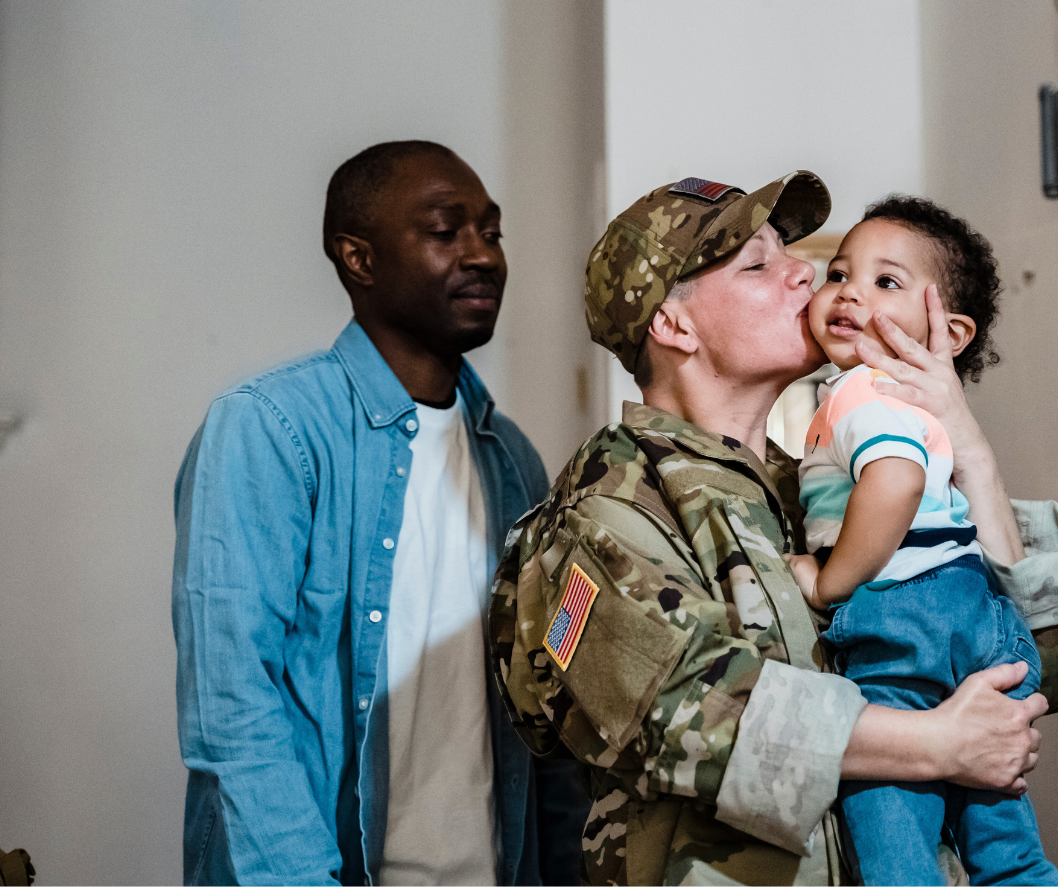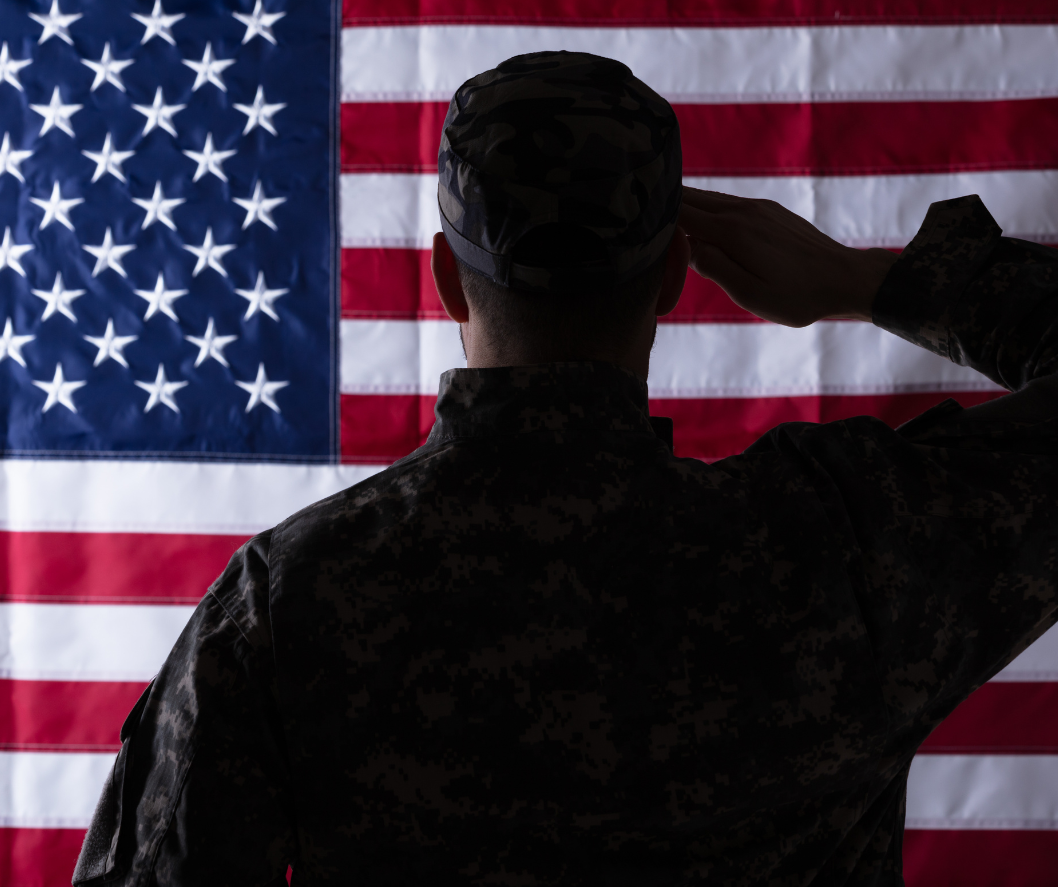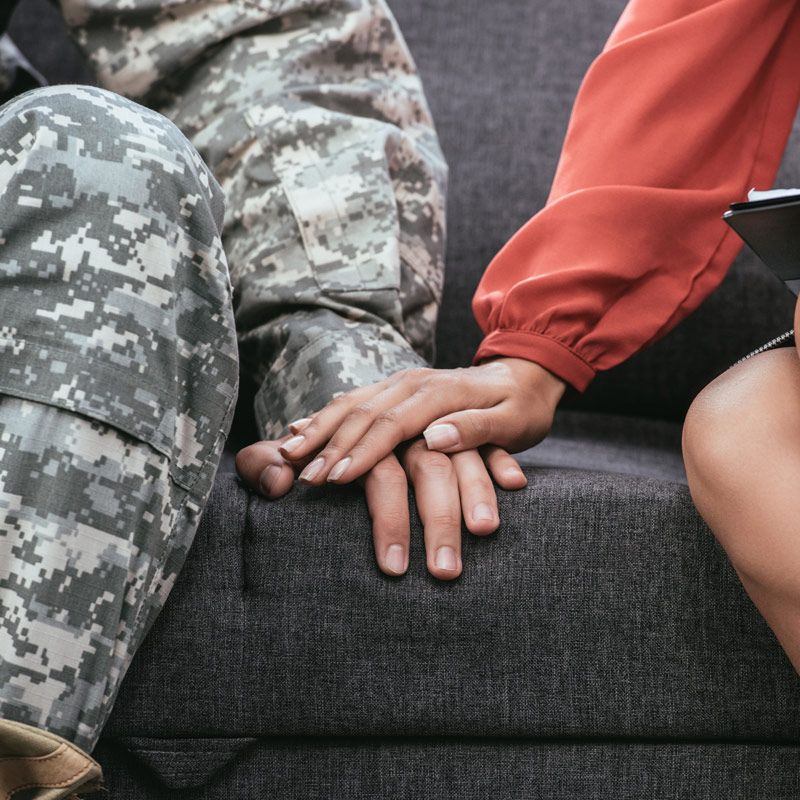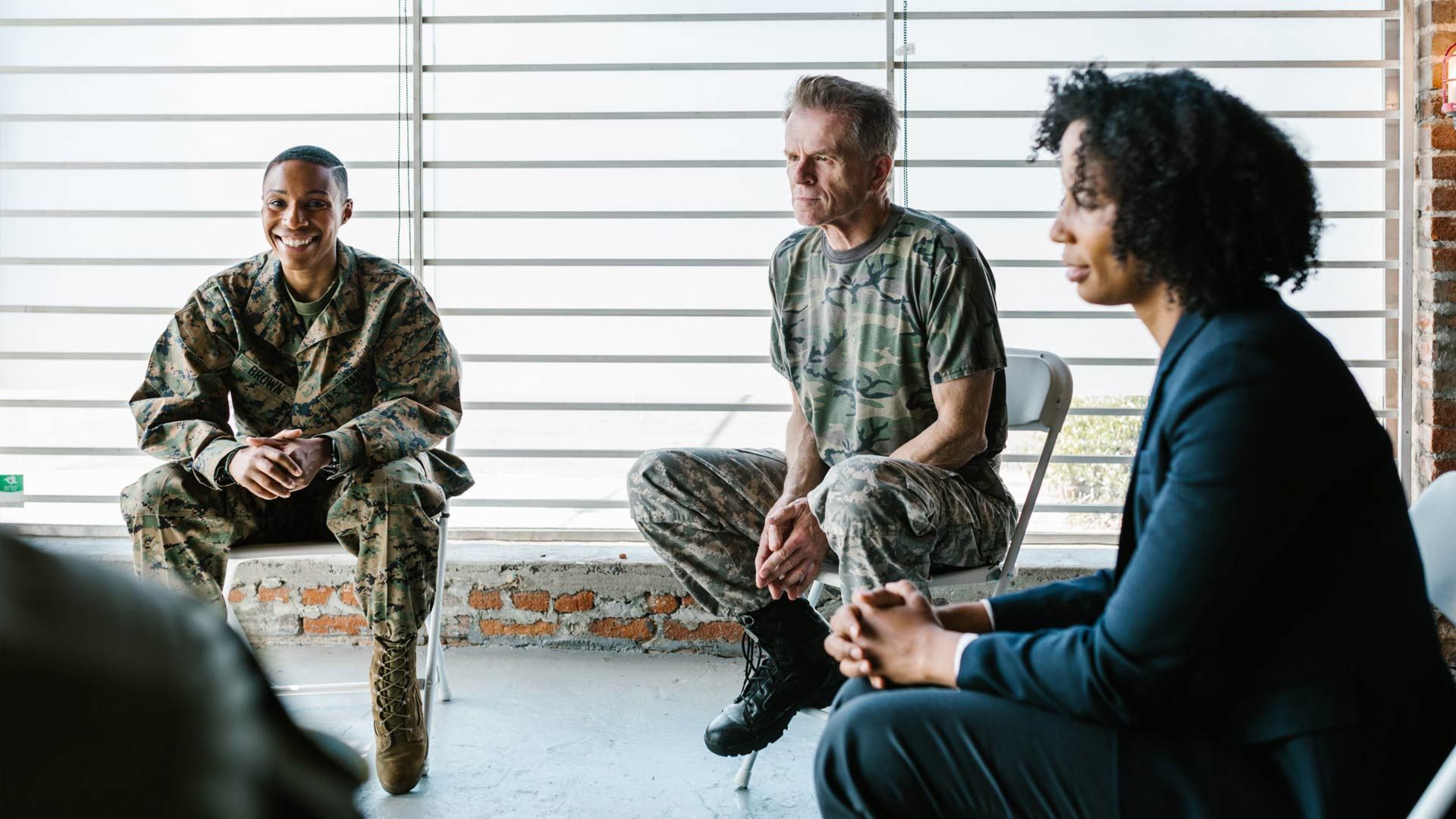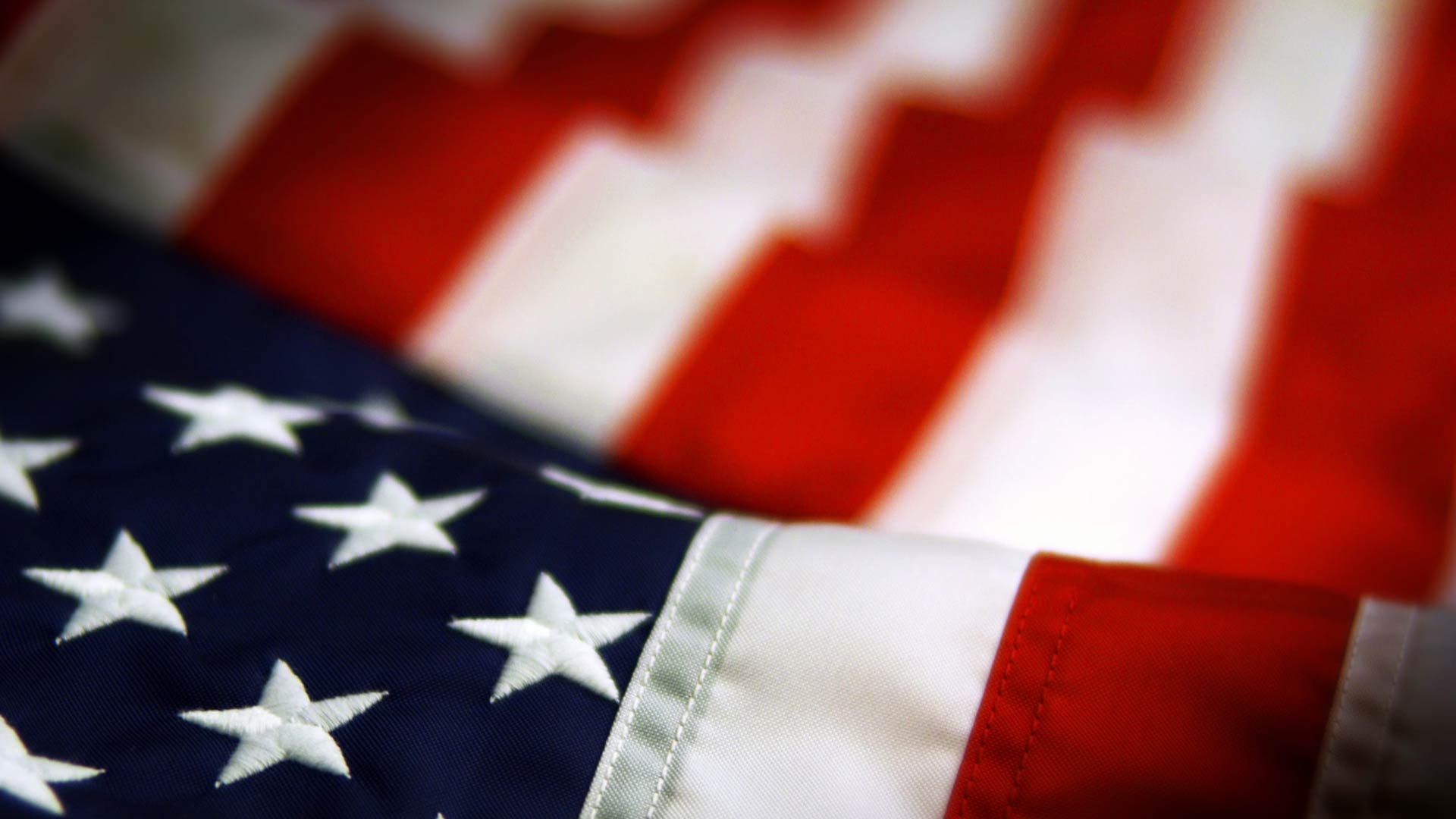Legend tells when the three hundred Spartan warriors were chosen to march North and protect Greece from the hordes of the army of Xeres at the gates of Thermopylae, they were not selected for their fighting prowess. Rather, they were selected for the fortitude possessed by their wives. Knowing these men would not return, the King chose warriors whose wives would be who Sparta turned to for strength, who would continue to silently serve.
What words come to mind when you hear military family? Duty, honor, support, sacrifice, unrecognized? All families experience challenges of balancing work and home responsibilities, and military families are no exception. What sets the military family apart is the unwritten oath they also take when their servicemember swears to defend the United States against all enemies, both foreign and domestic. With this oath, the Soldier, Sailor, Airman, or Marine, also pledges the lives of their family to the defense of the nation. Partners, children, parents, and siblings alike have the realities of what it takes to defend a nation thrust upon them. They watch their loved ones give everything they have to something more than a job; being a member of the Armed Forces of the United States of America is a life. It demands 24/7 commitment, 365 days a year. Military families live with the truth that at any moment they must be prepared to watch their loved one march off to war and step out the door for possibly the last time.
Elements of the US Armed Forces continuously deploy or train to deploy throughout the United States and abroad in support of the nation’s many needs. They can be gone for days, weeks, or months, depending on the mission requirements. During these times, military families must do more than merely survive, they must thrive. School lunches must be made, bills must be paid, and life must go on as a “new normal” is adopted. For service members who have a partner, they leave them on the domestic battlefield to go-it-alone; assuming the entirety of the duties and responsibilities that were once shared as a team. If the family is headed by a single caregiver, or both partners are in the military, short- and long-term care plans must be engaged; usually resulting in children being passed to the care of extended family members. Whatever the case, it is not just the service member who bears the brunt of deployment, it is also the families left behind who are expected to carry this burden with an unwavering resolve.
As a retired United States Army Infantryman, I have personally closed the front door in the early morning hours headed to one place or another, more times than I can recall. I kissed my kids and wished them a good night, all of us knowing I would be gone before they woke. I hugged my wife at the door in the morning and left her in charge of our family, and everything that entailed, whether she wanted it or not. I would go and jump out of airplanes, train in the jungle, the desert, or the frozen waste of the tundra, to be the most effective Soldier I could be. I received top notch instruction on how to survive from the best experts in the world. It wasn’t until years later that I realized while I was out receiving this world-class training, my wife was fighting her own fight with zero training at all. There were no formal blocks of instruction on becoming the best Army wife she could be, no classes on how to run a household, raise three children, and balance a checkbook while under the crushing pressure of the knowledge of the dangers of her husband’s profession. The US Military never offered to teach my wife how to manage the daily uncertainty and fear that came with every combat tour I deployed to.
Quite the contrary; with little to no experience, military families are expected to shoulder the immense weight life throws at them with an unimaginable amount of strength in the face of the unknown. They are expected to solve complex family equations, create stability and routine for their children, and in the face of unthinkable loss, display a nearly impossible measure of stoic courage. When the service members complete their time in the military, they continue to support their Veteran as they discover their new identity and redefine their role in the family and civilian world. Through all of this, their sacrifice and contribution go mostly unrecognized.
The Veteran and Military Family team at Jefferson Center is dedicated to ensuring these sacrifices, and the impact military families have on their Veteran or active-duty service members do not go unnoticed. Whether it be through direct clinical services or connecting families to the resources they need to thrive, it is our mission to provide the best care we possibly can and meet military families where they are.
